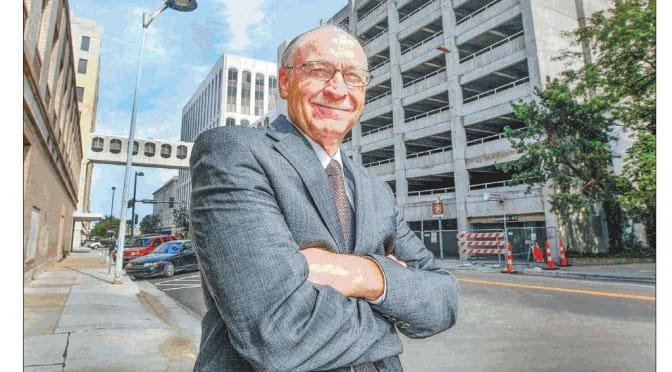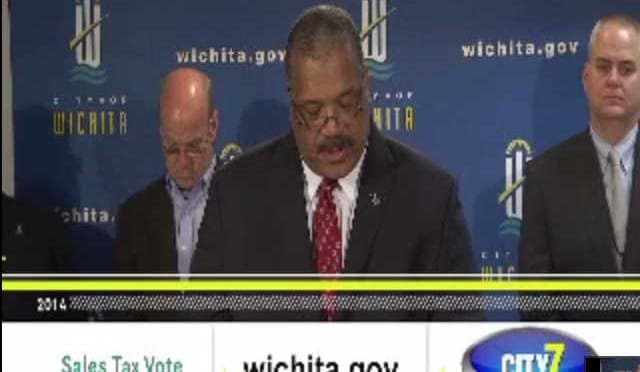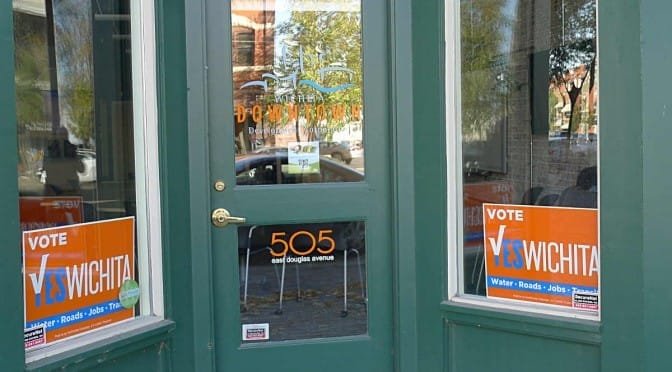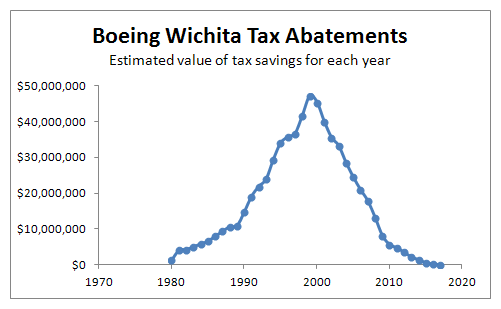Tag: Cronyism
-

WichitaLiberty.TV: The need for reform at Wichita City Hall
An episode this week at the Wichita city council meeting highlights the need for campaign finance reform in Wichita. We’ll examine a few incidents and see if there’s a way we can reform Wichita city government so that it is capitalism friendly instead of crony friendly.
-

Campaign contribution stacking in Wichita
Those seeking favors from Wichita City Hall use campaign contribution stacking to bypass contribution limits. This has paid off handsomely for them, and has harmed everyone else.
-

In Wichita, the need for campaign finance reform
Actions of the Wichita City Council have shown that campaign finance reform is needed. Citizen groups are investigating how to accomplish this needed reform, since the council has not shown interest in reforming itself.
-

WichitaLiberty.TV: A downtown parking garage deal, academic freedom attacked at KU, and classical liberalism
In this episode of WichitaLiberty.TV: While chair of the Wichita Metro Chamber of Commerce, a Wichita business leader strikes a deal that’s costly for taxpayers. A Kansas University faculty member is under attack from groups that don’t like his politics. Then, how can classical liberalism help us all get along with each other?
-

Wichita Metro Chamber of Commerce: What is the attitude towards taxes?
Does the Wichita Metro Chamber of Commerce support free markets, capitalism, and economic freedom, or something else?
-

Why is this man smiling?
In Wichita, the chair of the Wichita Metro Chamber of Commerce crafts a sweetheart deal for his company to the detriment of Wichita taxpayers.
-

In Wichita, a campaign issue to watch for
As Wichita enters campaign season for mayor and city council, will any candidates call for implementing a reform that we desperately need in Wichita?
-

Richard Ranzau, slayer of cronyism
In Sedgwick County, an unlikely hero emerges in the battle for capitalism over cronyism.
-

WichitaLiberty.TV: Results of and reflection on the Wichita sales tax election and campaign
In this episode of WichitaLiberty.TV: We’ll look at the results of the Wichita sales tax election and what might happen next. Then, we’ll evaluate the Wichita Eagle’s coverage during the campaign. Also, this election raised issues of the privacy of voter data. Episode 65, broadcast November 16, 2014.
-

Wichita Mayor Carl Brewer on citizen engagement
Wichita Mayor Carl Brewer and the city council are proud of their citizen engagement efforts. Should they be proud?
-

Wichita Downtown Development Corporation campaigns for higher taxes, paid for by taxes
Campaign activity by the Wichita Downtown Development Corporation appears to be contrary to several opinions issued by Kansas Attorneys General regarding the use of public funds in elections.
-

Wichita to consider tax exemptions
A Wichita company asks for property and sales tax exemptions on the same day Wichita voters decide whether to increase the sales tax, including the tax on groceries.